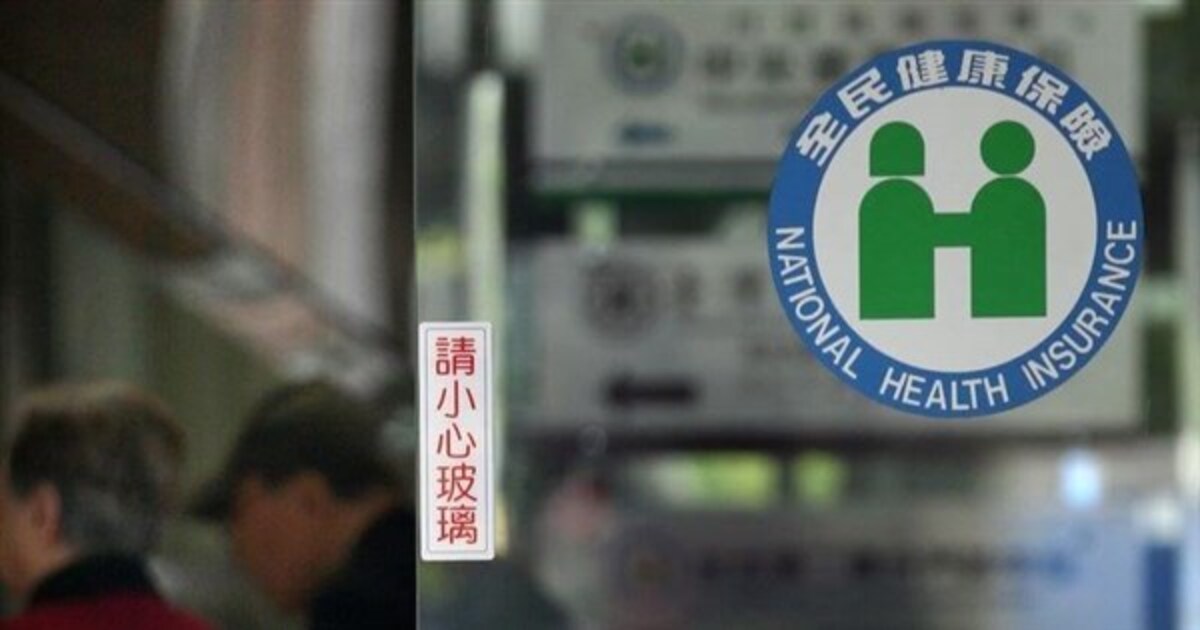In a rare moment of unity, Taiwan’s National Health Insurance (NHI) Council under the Ministry of Health and Welfare reached a long-awaited consensus on budget allocations during its annual total amount negotiation meeting held on September 24. The discussions covered five major sectors: hospitals, primary Western medical care, traditional Chinese medicine, dentistry, and outpatient dialysis.
This agreement marks the first time since 2002 that all sides settled differences without escalating disputes to the Ministry for arbitration—a practice that had become common due to longstanding disagreements over how to distribute limited resources.
After over 12 hours of negotiations, representatives agreed to a 5.5% increase in NHI spending for next year. With this year’s budget standing at NT$928.6 billion, the 2026 figure will rise to NT$980 billion. When combined with the government’s public health budget and the special cancer drug fund, overall NHI expenditures are expected to exceed NT$1 trillion for the first time in history.
Observers noted that the new leadership at the Ministry of Health and Welfare and the NHI Administration helped foster a more collaborative environment. In past years, talks were frequently stalled by disputes between the medical sector and payer representatives. This time, however, both sides engaged in constructive dialogue, ultimately agreeing on the distribution of resources.
Medical professionals welcomed the outcome, describing it as a milestone that demonstrates mutual understanding and the potential for long-term cooperation between healthcare providers and funding bodies. The breakthrough is seen as a positive sign for the sustainability of Taiwan’s national health insurance system moving forward.



